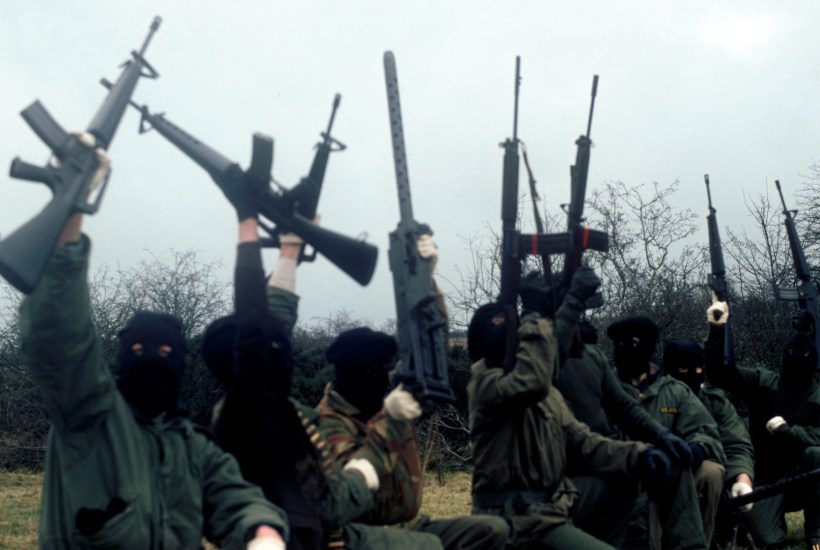How should the state fight terrorism? That is the question addressed by Jon Boutcher’s report ‘Operation Kenova: Northern Ireland Stakeknife Legacy Investigation’. The report was precipitated by the claims that the British Army had an agent at the heart of the IRA. ‘Stakeknife’ was head of the IRA’s Internal Security Unit and was responsible for questioning, torturing and executing people the IRA suspected of being British agents.
Already a subscriber? Log in
Subscribe for just $2 a week
Try a month of The Spectator Australia absolutely free and without commitment. Not only that but – if you choose to continue – you’ll pay just $2 a week for your first year.
- Unlimited access to spectator.com.au and app
- The weekly edition on the Spectator Australia app
- Spectator podcasts and newsletters
- Full access to spectator.co.uk
Or
Unlock this article
You might disagree with half of it, but you’ll enjoy reading all of it. Try your first month for free, then just $2 a week for the remainder of your first year.








Comments
Don't miss out
Join the conversation with other Spectator Australia readers. Subscribe to leave a comment.
SUBSCRIBEAlready a subscriber? Log in